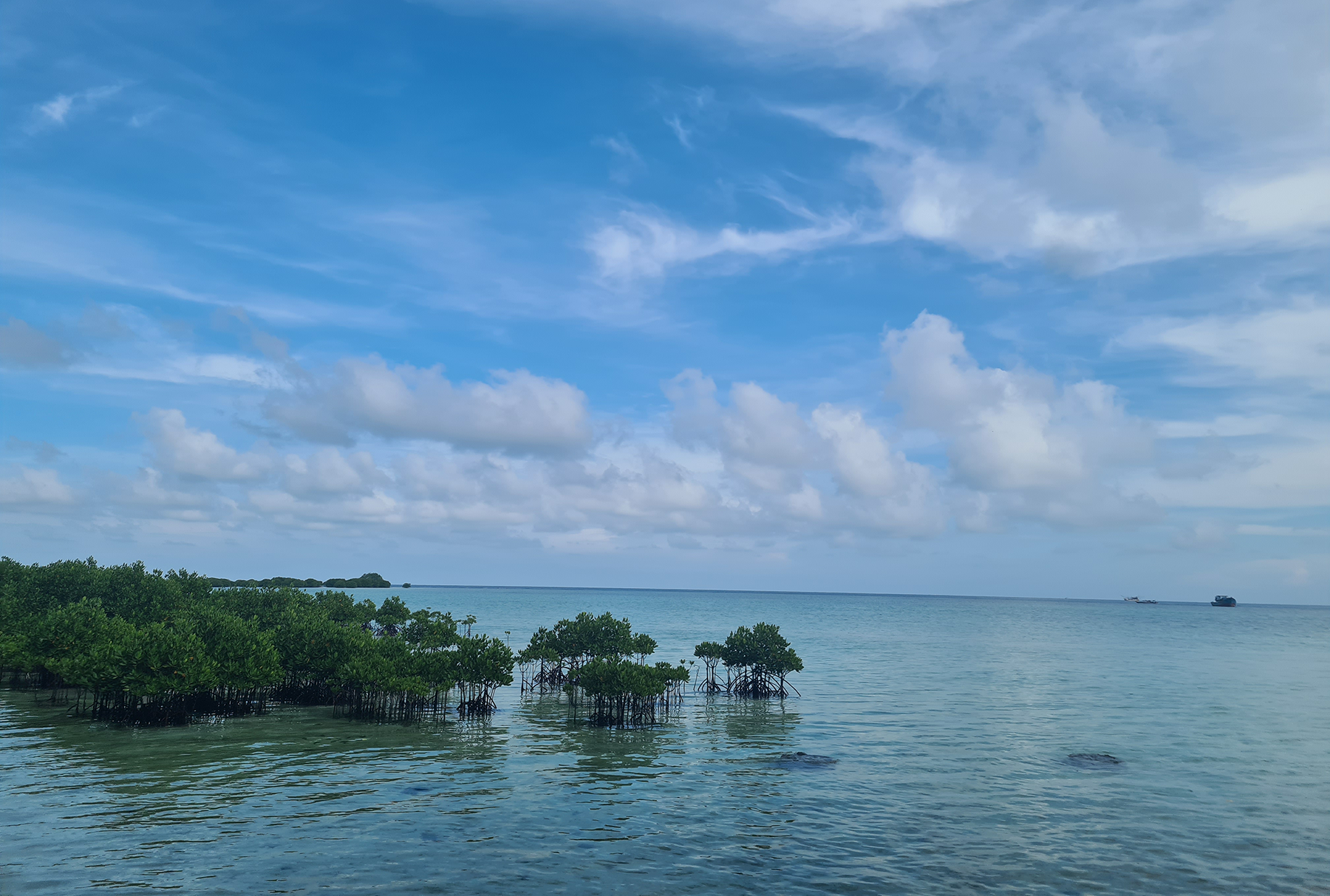Farhan Anshary
About me
Initially trained as a planner, I am intrigued by how planners’ subjectivities are shaped by existing social structures and what are their implications. More specifically, I am concerned with how planners and related actors are preoccupied with certain ways of thinking about the city and non-city spaces.
Personal Interest
urban theory, political ecology, politics of planning, cultural political economy, social theory, Indonesia.
Project Title
The city, the sea, and the periphery: how do different spatial strategies imagine these spaces and so what are the consequences?
Project Description
My research departs from a suggestion to advance debates in the urban question by approaching it as a question of imaginary. It does so by asking how non-city spaces are imagined through various spatial strategies, especially in a context when certain understandings of the city seem to be very persistent despite their questionable correspondence to the realities. Not only I investigate what are the existing imaginaries, but I also explore what might be the consequences of the imagining, including how it may contribute to maintaining socio-ecological injustice.
Drawing on Jakarta, Indonesia, as a site of inquiry, the research is divided into two parts with different focuses: 1) the city and the sea and 2) the city and the periphery. In the first part, I look at how the sea and offshore islands are governed under a form of spatial governance that has historically favoured the “mainland.” I specifically focus on Kepualauan Seribu and its relation to the city as a place where different contesting imaginaries of the sea and city are articulated, from conservation to exploitation, from empty space to the space of accumulation. In the second part, I look at how national development and spatial plans imagine the non-city space city outside Jakarta, which is often expressed in a term like “pusat dan daerah” (“core and region”) that denotes the nationwide, regional socio-economic inequalities. I mainly attend to two interrelated moments to approach this case: 1) shifting discourses and attitudes in problematising rural-urban migration, and 2) shifting paradigm in seeing urbanisation as a problem to urbanisation as a solution.#
Supervisors
Funding
1+3 NINE DTP ESRC Studentship
